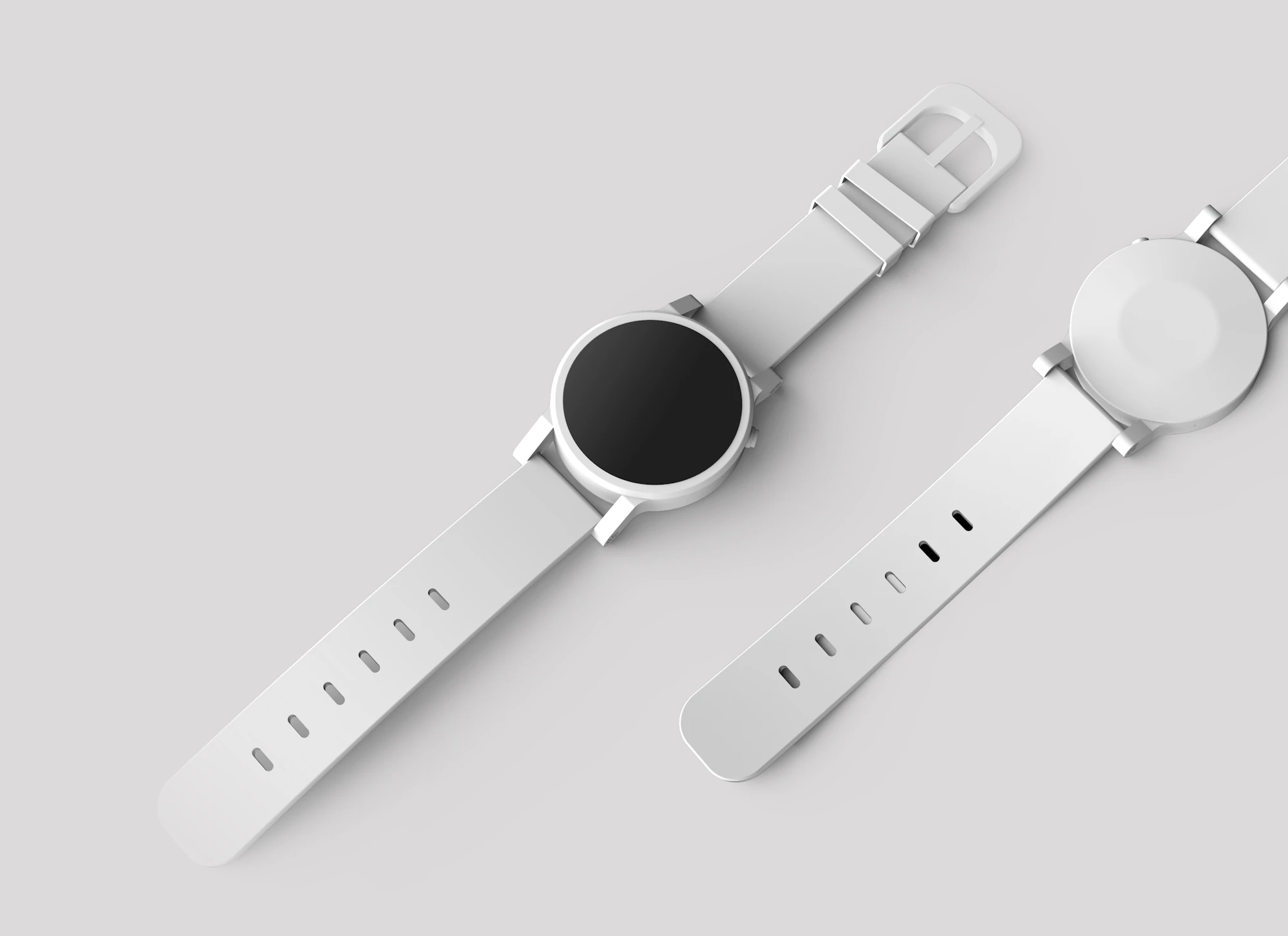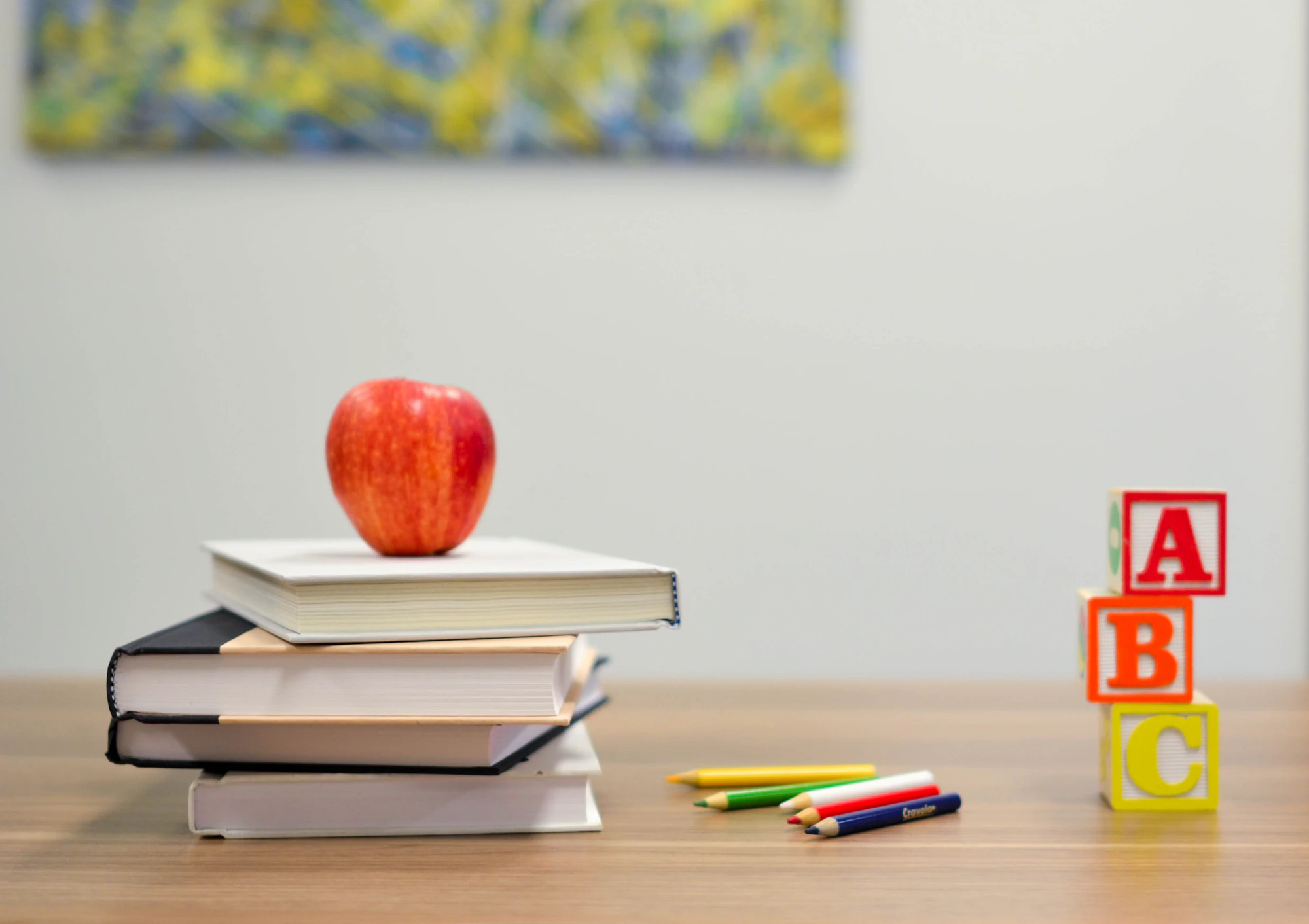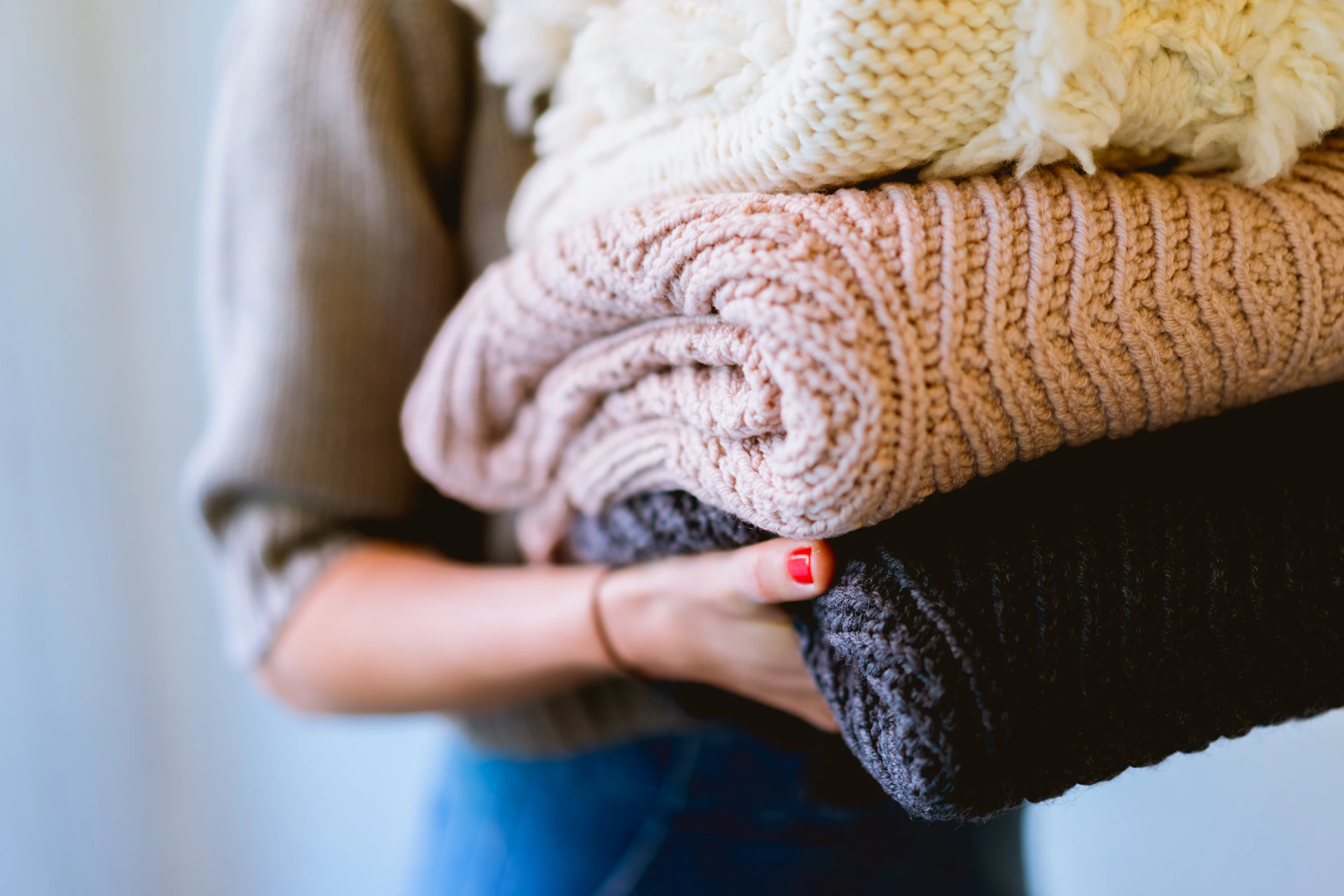You check your sleep score before your feet hit the floor, then spend the morning second guessing every yawn. By Friday, you are exhausted, so you sleep in on Saturday and stay up late to reclaim the week. Sunday night runs long, Monday feels foggy, and the cycle repeats. If this sounds familiar, you are not broken. You are bumping into two modern sleep problems that often travel together: orthosomnia and social jetlag.
The common myth is that more data and weekend catch up sleep can fix everything. In reality, obsessing over sleep metrics can make sleep harder, and big swings in sleep timing from weekday to weekend can quietly disrupt the body clock you rely on for consistent energy.
What orthosomnia and social jetlag really mean
Orthosomnia is a term used to describe an unhealthy preoccupation with achieving perfect sleep based on tracker metrics. The anxiety and sleep effort that follow can lead to more time in bed awake, more clock checking, and ultimately more insomnia symptoms [1].
Social jetlag is the misalignment between your biological clock and your social schedule. Researchers often quantify it as the gap between the midpoint of sleep on free days and work days. Larger gaps are associated with daytime sleepiness, weight gain, and metabolic risk factors [2][3][4].
Why scores can make sleep worse
Consumer sleep trackers estimate sleep using movement and heart signals. They are useful for spotting trends, but they are not diagnostic and can misclassify wake and sleep stages compared to gold standard lab studies. This can create false alarms for “bad” nights that were actually fine, which may heighten worry, increase time in bed, and fragment sleep further [5][6].
If you wake up feeling okay but your device says otherwise, trust your body’s signals first. Use your device to notice inputs you can control, like consistency of bedtime and wake time, rather than to judge yourself night by night.
Why your weekend schedule matters
Your circadian rhythm is the internal timing system that cues alertness and sleepiness. It is set primarily by light at the eyes and by regularity in your daily routines. When weekday wake times are early and weekends drift late, your clock can lag behind, much like traveling across time zones without leaving home. This misalignment is linked to higher caloric intake, lower physical activity, and markers of cardiometabolic strain [3][4].
Natural morning light helps anchor the clock earlier, while bright light at night shifts it later. Time outdoors soon after waking is associated with stronger circadian alignment, and light heavy evenings can delay sleep onset [7][8].
Correcting two common misconceptions
Misconception 1: A perfect sleep score guarantees a great day. Reality: scores are rough estimates and can be influenced by non-sleep factors like device placement and heart rate variability. Chasing a number can raise arousal and keep you awake, a known driver of insomnia [1][5].
Misconception 2: Sleeping in on weekends fixes weekday sleep debt. Reality: brief catch up sleep can improve next day alertness, but large weekend shifts do not protect metabolism and can make Monday sleepiness worse by dragging your clock later [11].
Science translated into simple levers
Small, repeatable behaviors can help reduce both orthosomnia and social jetlag. Morning outdoor light may advance your clock, leading to earlier sleepiness at night. Evening screen and bright light exposure is known to suppress melatonin, a hormone that signals the brain that it is night, which can delay sleep onset [7][8].
Caffeine has a long half life and can reduce sleep quality even when consumed six hours before bedtime, so a daytime cutoff may help. A cooler bedroom and a warm shower 60 to 90 minutes before bed may ease the drop in core body temperature that naturally precedes sleep [9][10].
Practical takeaways you can use this week
- Pick an anchor wake time: Keep your wake time within a 60 minute window every day, including weekends. If you stayed up late, get up within that window, then consider a short nap later rather than sleeping in deeply [11][13].
- Get outside soon after waking: Aim for 15 to 30 minutes of outdoor light in the first one to two hours after you wake. Even on overcast days, outdoor light is far brighter than indoor light and may help stabilize your circadian rhythm [7].
- Set a caffeine window: If you plan a 10 p.m. bedtime, finish caffeine by around 2 p.m. Many people sleep better with an eight hour or longer buffer to allow caffeine to clear [9].
- Dim early, dim a lot: Two hours before bed, lower overall light levels. Use warm toned lamps, enable night modes on screens, and keep screens farther from the eyes and below eye level to reduce alerting light [8].
- Cool room, warm feet: Keep the bedroom cool if comfortable, and use breathable bedding. A warm shower 60 to 90 minutes before bed can promote a drop in core temperature that may ease sleep onset [10].
- Naps with guardrails: If you are short on sleep, a 10 to 20 minute nap before 3 p.m. may restore alertness without harming nighttime sleep. Longer or late afternoon naps can make bedtime harder [13].
- Use your tracker for inputs, not verdicts: Track behaviors you can act on, like light exposure, step count earlier in the day, alcohol units, and time of last caffeine. Check your sleep score after breakfast, not in bed, and focus on weekly trends rather than single nights [5].
- Move the weekend gradually: If you have a late event, plan your wake time within your 60 minute anchor and schedule a brief nap the next day. If you need to shift your schedule for a special weekend, move bedtime and wake time by 15 to 30 minutes per day until you are back on track [2].
- When sleep anxiety sticks, get support: Cognitive behavioral therapy for insomnia is the first line treatment for chronic insomnia and may help break the cycle of sleep effort and concern that fuels orthosomnia [12].
- Evening workouts are not off limits: Moderate exercise can be helpful for sleep. If you find late sessions too alerting, finish at least an hour before bedtime and cool down thoroughly [14].
Gentle cautions to avoid overcorrection
Do not try to force sleep. Lying in bed awake teaches your brain that bed is for worry. If you are awake for more than about 20 minutes, get up, keep lights low, and do something quiet until sleepiness returns. This is a core piece of behavioral insomnia care [12].
Do not hinge your day on a single score. If the data does not match how you feel, prioritize how you feel. Use your device as a compass, not a judge [5].
Be careful with weekend extremes. Sleeping until noon can feel nice once in a while, but frequent large shifts are linked with groggier Mondays and health risks over time [4][11].
A calmer path to better sleep
When you align your schedule with your body and take your tracker off center stage, sleep usually feels less fragile. Expect progress in weeks, not days. With steadier mornings, more morning light, fewer bright screens late, and a simpler relationship with your device, you may fall asleep faster, wake up clearer, and feel less pressure about getting it perfect.
I am cheering you on as you make these small shifts. If you found this helpful, come back for more evidence informed sleep tweaks and consider subscribing so you can turn one or two of these levers at a time until sleep feels reliable again.
References
- Baron KG, Abbott S, Jao N, Manalo N, Mullen R. Orthosomnia: Are some patients taking the quantified self too far? Journal of Clinical Sleep Medicine. 2017;13(2):351-354. https://jcsm.aasm.org/doi/10.5664/jcsm.6472
- Wittmann M, Dinich J, Merrow M, Roenneberg T. Social jetlag: Misalignment of biological and social time. Current Biology. 2006;16(24):R1005-R1006. https://pubmed.ncbi.nlm.nih.gov/17045977/
- Roenneberg T, Allebrandt KV, Merrow M, Vetter C. Social jetlag and obesity. Current Biology. 2012;22(10):939-943. https://pubmed.ncbi.nlm.nih.gov/22465449/
- Wong PM, Hasler BP, Kamarck TW, Muldoon MF, Manuck SB. Social jetlag, chronotype, and cardiometabolic risk. Sleep. 2015;38(12):1715-1723. https://academic.oup.com/sleep/article/38/12/1715/2558909
- Chinoy ED, Cuellar JA, Hu S, et al. Performance of commercial sleep tracking devices relative to polysomnography and actigraphy. Sleep. 2021;44(1):zsaa291. https://academic.oup.com/sleep/article/44/1/zsaa291/6030423
- de Zambotti M, Goldstone A, Claudatos S, Colrain IM, Baker FC. A validation study of Fitbit Charge 2 compared with polysomnography in adults. Sleep and Breathing. 2018;22(3):841-848. https://www.ncbi.nlm.nih.gov/pmc/articles/PMC5960216/
- Stothard ER, McHill AW, Depner CM, et al. Circadian entrainment to the natural light-dark cycle across seasons and after living in natural light. Proceedings of the National Academy of Sciences. 2017;114(44):E8256-E8265. https://www.pnas.org/doi/10.1073/pnas.1623510114
- Chang AM, Aeschbach D, Duffy JF, Czeisler CA. Evening use of light emitting eReaders negatively affects sleep, circadian timing, and next morning alertness. Proceedings of the National Academy of Sciences. 2015;112(4):1232-1237. https://www.pnas.org/doi/10.1073/pnas.1418490112
- Drake C, Roehrs T, Shambroom J, Roth T. Caffeine effects on sleep taken 0, 3, or 6 hours before going to bed. Sleep. 2013;36(11):1695-1700. https://academic.oup.com/sleep/article/36/11/1695/2558975
- Okamoto-Mizuno K, Mizuno K. Effects of thermal environment on sleep and circadian rhythm. Journal of Physiological Anthropology. 2008;27(6):123-126. https://pubmed.ncbi.nlm.nih.gov/19021851/
- Depner CM, Melanson EL, Eckel RH, et al. Ad libitum weekend recovery sleep fails to prevent metabolic dysregulation during a recurring short sleep schedule. Current Biology. 2019;29(6):957-967.e4. https://www.cell.com/current-biology/fulltext/S0960-9822(19)30100-6
- Edinger JD, Arnedt JT, Bertisch SM, et al. Behavioral and psychological treatments for chronic insomnia disorder in adults: An American Academy of Sleep Medicine clinical practice guideline. Journal of Clinical Sleep Medicine. 2021;17(2):255-262. https://jcsm.aasm.org/doi/10.5664/jcsm.8986
- Brooks A, Lack L. A brief afternoon nap following nocturnal sleep restriction: Which nap duration is most recuperative? Sleep. 2006;29(6):831-840. https://pubmed.ncbi.nlm.nih.gov/16766682/
- Stutz J, Eiholzer R, Spengler CM. Effects of evening exercise on sleep in healthy participants: A systematic review and meta-analysis. Sleep Medicine Reviews. 2019;46:23-36. https://www.sciencedirect.com/science/article/pii/S1087079218301667






